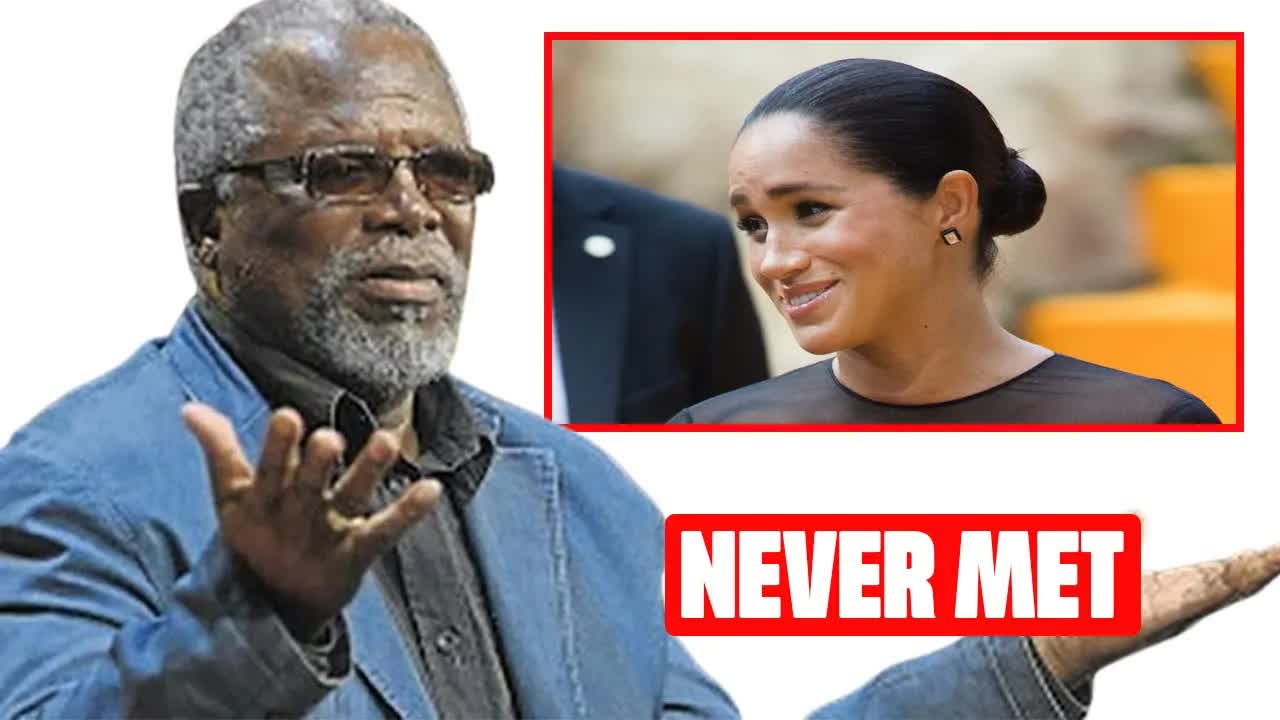The News
Meghan Markle’s Claims Spark Confusion Among South Africans
John Kearney, a South African actor and member of the cast for Disney's “The Lion King,” has expressed his bewilderment over Meghan Markle's recent comments suggesting that South Africa celebrated her marriage to Prince Harry.
Kearney, who claims to be the only South African cast member, pointed out that he was not present at the film's premiere in London, raising questions about Markle's assertions.
Sitting in his Johannesburg home beneath a portrait of Nelson Mandela, Kearney said, “I've never met Meghan Markle.
This seems like something of a fox pass by her.” He emphasized that he was the sole South African involved in the cast and had to miss the London premiere due to other commitments.
Instead, he attended the Hollywood opening before heading to Paris for a film sequel.
Kearney elaborated, stating, “I play Rafiki, while Seth Rogen voices Pumbaa, Donald Glover plays Simba, and Beyoncé is Nala.” He found it perplexing that Markle would suggest a widespread celebration in South Africa regarding her royal wedding, noting that he couldn't recall the month or year of the event.
In fact, Kearney believes that the wedding did not resonate with the South African public in the same way that significant national events do.
He remarked, “To my memory, nobody would have known when she got married.
We had no South African link to the wedding or to her marrying Harry.” For him, it was simply a non-event.
Reflecting on the historical significance of Nelson Mandela's release from prison, Kearney contrasted it sharply with Markle's marriage.
“The world stopped on February 11, 1990,” he recalled, describing how the entire nation was captivated when Mandela walked free.
He noted that many South Africans had never seen Mandela since his imprisonment in 1964, making that moment unforgettable.
Kearney's recollection of Mandela's release highlights the stark difference in emotional weight between that event and Markle's wedding.
“You can't really say where you were when Meghan married Harry,” he stated, emphasizing that Mandela's liberation is a collective memory for South Africans.
Reactions to Markle's comments have been mixed, with some royal fans expressing skepticism about her claims.
One fan suggested that Markle is surrounded by people who enable her fabrications, while another implied that she might need professional help due to the outrageous nature of her statements.
Critics have taken to social media, questioning Markle's credibility and even speculating about her mental health.
Some have pointed out the disconnect between her experiences and the realities faced by her family and the South African public.
As the debate unfolds, Kearney's perspective sheds light on the complexities of identity and perception surrounding the British royal family.
His comments serve as a reminder that cultural connections can be deeply nuanced, and what may seem significant to one person might not resonate with others.
In the end, Kearney's reflections prompt us to consider the broader implications of celebrity and royal narratives, especially when they intersect with national pride and history.
The contrast between personal experiences and collective memories continues to spark discussions about the meaning of events that shape our world.






























































